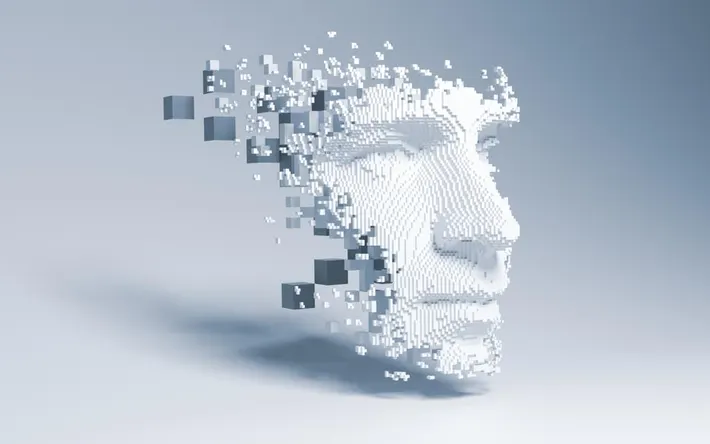Introduction
In the 2020s, a new kind of power structure has emerged—one built on algorithms, attention, and alliances. Technology giants are not only reshaping industries but also rewriting global politics. Celebrities, leveraging digital platforms, amplify causes once confined to diplomatic halls, while world leaders seek relevance in an age where visibility equals influence.
This fusion of technology, fame, and politics marks the dawn of the digital power revolution. No longer confined to borders or institutions, power now moves through networks of influence—where tweets shape markets, AI predicts elections, and entertainment intersects with global policy.
Tech Giants and the Global Power Shift
Technology companies have become the new superpowers of the world. Platforms like Google, Apple, Meta, and X (formerly Twitter) influence more lives daily than most governments. Their decisions—on privacy, algorithms, and censorship—affect democracies, economies, and societies alike.
This growing dominance has turned corporate boardrooms into diplomatic arenas. CEOs meet with presidents, negotiate tax agreements, and determine which nations receive advanced technologies. The power to shape digital ecosystems has made these companies both creators of opportunity and custodians of global ethics.
Celebrities as the Voice of the Digital Masses
While tech giants build the systems, celebrities give them soul. Global icons like Taylor Swift, Leonardo DiCaprio, and BTS have turned their platforms into movements, using influence to push climate policy, social reform, and digital accountability. Their fan bases, measured in millions, represent a new form of collective activism that transcends geography.
Social media has made this influence immediate and personal. When a public figure speaks on AI ethics or political injustice, their words can spark legislative debates within hours. However, this immense visibility also blurs the line between advocacy and populism, forcing society to question where influence ends and governance begins.
Politics in the Algorithmic Era
Traditional politics has struggled to adapt to the speed of digital communication. Campaigns that once unfolded over months now evolve in real time through social platforms. Politicians must master not just policy, but performance—crafting messages that resonate algorithmically as much as ideologically.
Governments are learning to operate in a world where online perception can determine legitimacy. Digital diplomacy, cybersecurity, and data regulation have become essential components of governance. The leaders who understand technology’s dual role as both tool and threat will define the political landscape of the next generation.
Global Collaboration and the New Digital Diplomacy
International relations are being rewritten through technology. Nations collaborate on artificial intelligence standards, cyber defense strategies, and digital infrastructure initiatives. Conferences like the AI Safety Summit and the UN Digital Compact highlight how data has replaced oil as the most valuable global resource.
In this interconnected ecosystem, alliances depend on shared technological trust. Nations that fail to build digital resilience risk economic isolation. The next great global conflicts will not be fought over land—but over data access, intellectual property, and algorithmic transparency.
The Human Face of the Digital Revolution
Despite its vastness, the digital age remains a human story. Behind every innovation are individuals struggling to balance ambition with ethics, progress with privacy, and profit with purpose. Tech workers are becoming whistleblowers, users are demanding transparency, and leaders are redefining responsibility in a borderless world.
The challenge for humanity is to ensure that our tools reflect our values. Technology must serve people—not the other way around. Only by aligning ethics with innovation can the digital revolution truly elevate society rather than divide it.
FAQs
Why are tech companies compared to nations today?
Because their platforms govern communication, commerce, and information for billions—exerting geopolitical influence once reserved for states.
How do celebrities shape global policy debates?
Through mass communication and personal branding, they mobilize audiences and pressure governments to act on social and environmental issues.
What is digital diplomacy?
It’s the practice of managing international relations through technology, including AI policy, cybersecurity, and digital ethics.
Can politics keep pace with technological change?
Rarely. Most governments react after innovations occur, leaving regulatory gaps that corporations often fill.
What does ethical technology mean in today’s context?
It means designing systems that prioritize fairness, accountability, and human well-being over manipulation or exploitation.
Conclusion
The convergence of technology, celebrity, and politics represents more than a shift in power—it’s a redefinition of leadership itself. Influence is no longer earned through hierarchy but through connection, credibility, and code.
As humanity steps deeper into this digital century, those who bridge innovation with integrity will shape the world’s direction. The future will not belong to the loudest voices or the richest corporations—but to those who wield power with purpose.



